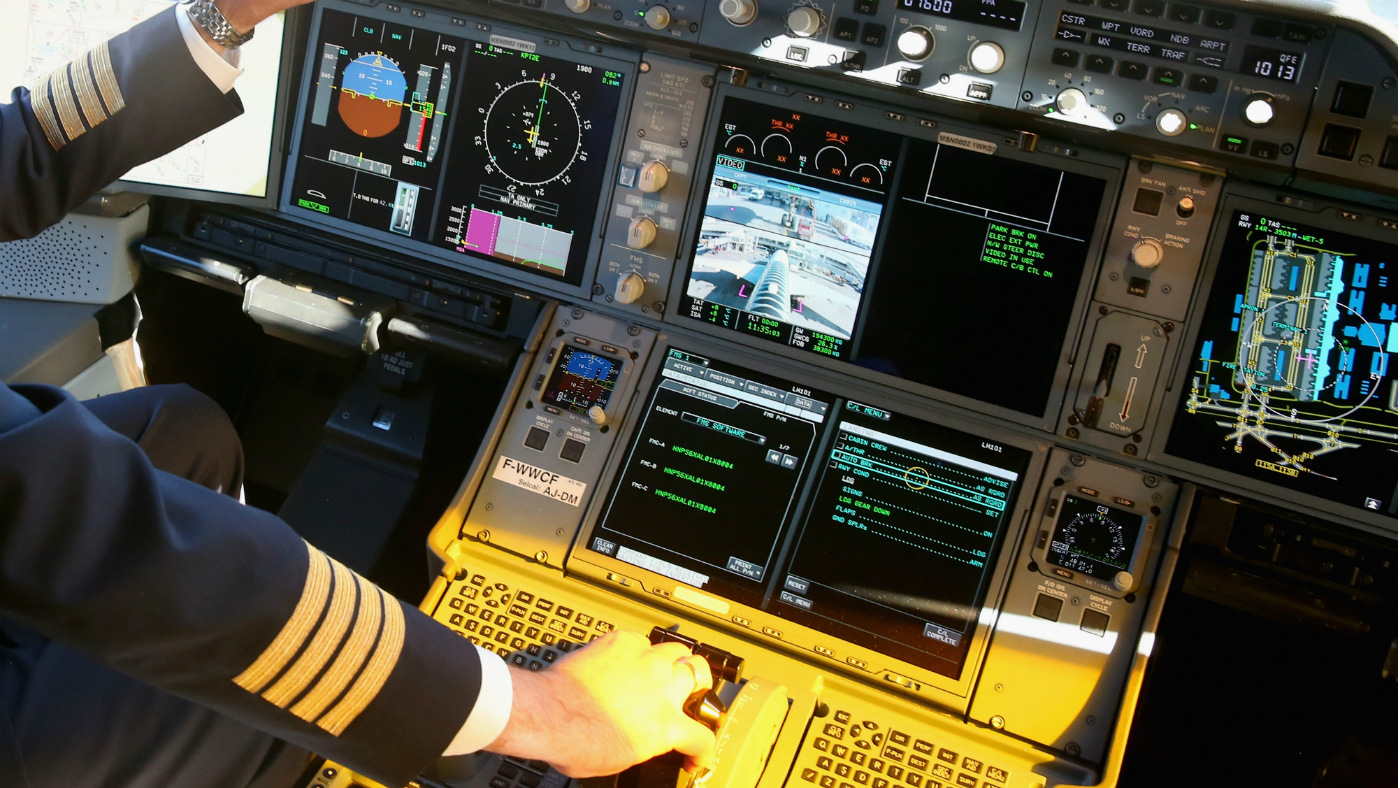Four per cent of airline pilots 'experience suicidal thoughts'
Researchers find many pilots fear losing their careers if they seek help for depression

A free daily email with the biggest news stories of the day – and the best features from TheWeek.com
You are now subscribed
Your newsletter sign-up was successful
A "veil of secrecy" is hiding a mental health crisis among airline pilots, according to a study by Harvard University researchers.
Almost 2,000 pilots from around the world responded to the team's mental health questionnaire. The results, published in the journal Environmental Health, found 233 of them (12.6 per cent) met the criteria for clinical depression, while 75 (4.1 per cent) admitted they had contemplated suicide within the last fortnight.
"If this is an accurate reflection of the extent of the problem generally," says The Independent, "it would mean that more than 5,700 out of a total of about 140,000 airline pilots worldwide feel like this."
The Week
Escape your echo chamber. Get the facts behind the news, plus analysis from multiple perspectives.

Sign up for The Week's Free Newsletters
From our morning news briefing to a weekly Good News Newsletter, get the best of The Week delivered directly to your inbox.
From our morning news briefing to a weekly Good News Newsletter, get the best of The Week delivered directly to your inbox.
Female pilots were more likely to have been diagnosed with depression, but men reported a higher frequency of negative or suicidal thoughts. Ten male pilots said they had thoughts of self-harm or suicide "nearly every day".
The issue of pilots' mental health came into the spotlight last year, after co-pilot Andreas Lubitz deliberately crashed a Germanwings passenger plane into the French Alps, killing all 149 people on board.
It later transpired Lubitz had become severely depressed and had visited dozens of doctors. Several sick notes were found at his home, but it is believed he hid them from his bosses to avoid being deemed unfit to fly.
Pilots diagnosed with severe depression are automatically grounded, something researchers believe could prevent many from seeking treatment.
A free daily email with the biggest news stories of the day – and the best features from TheWeek.com
"We found that many pilots currently flying are managing depressive symptoms and it may be that they are not seeking treatment due to the fear of negative career impacts," said lead researcher Professor Joseph Allen.
Professor Sir Simon Wessely, the president of the Royal College of Psychiatrists, told the Daily Telegraph increased screening of pilots would exacerbate the problem of secrecy and that the best course was to provide support and encouragement for pilots experiencing mental health issues.
"Pilots need to know that if they admit to a mental health problem, provided they cooperate and recover, their careers will continue," he said.